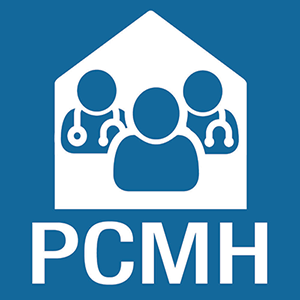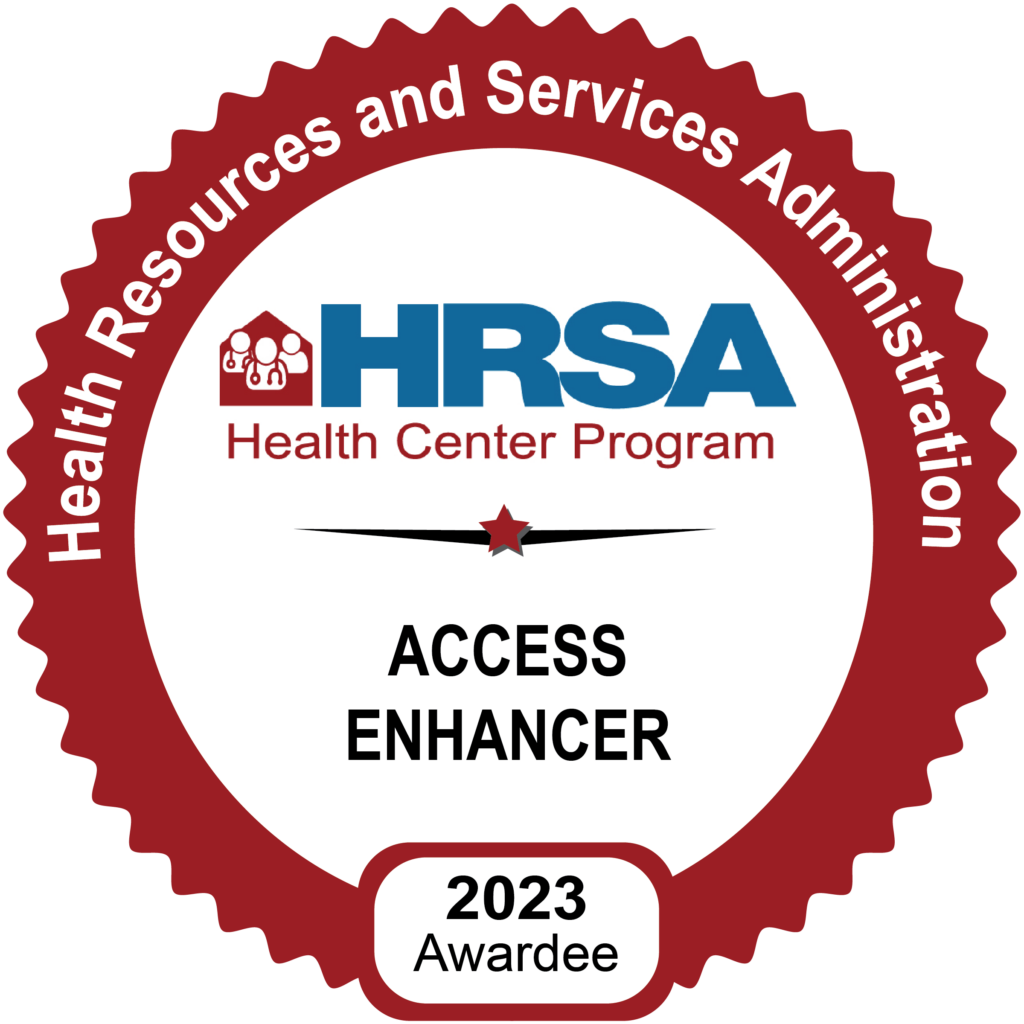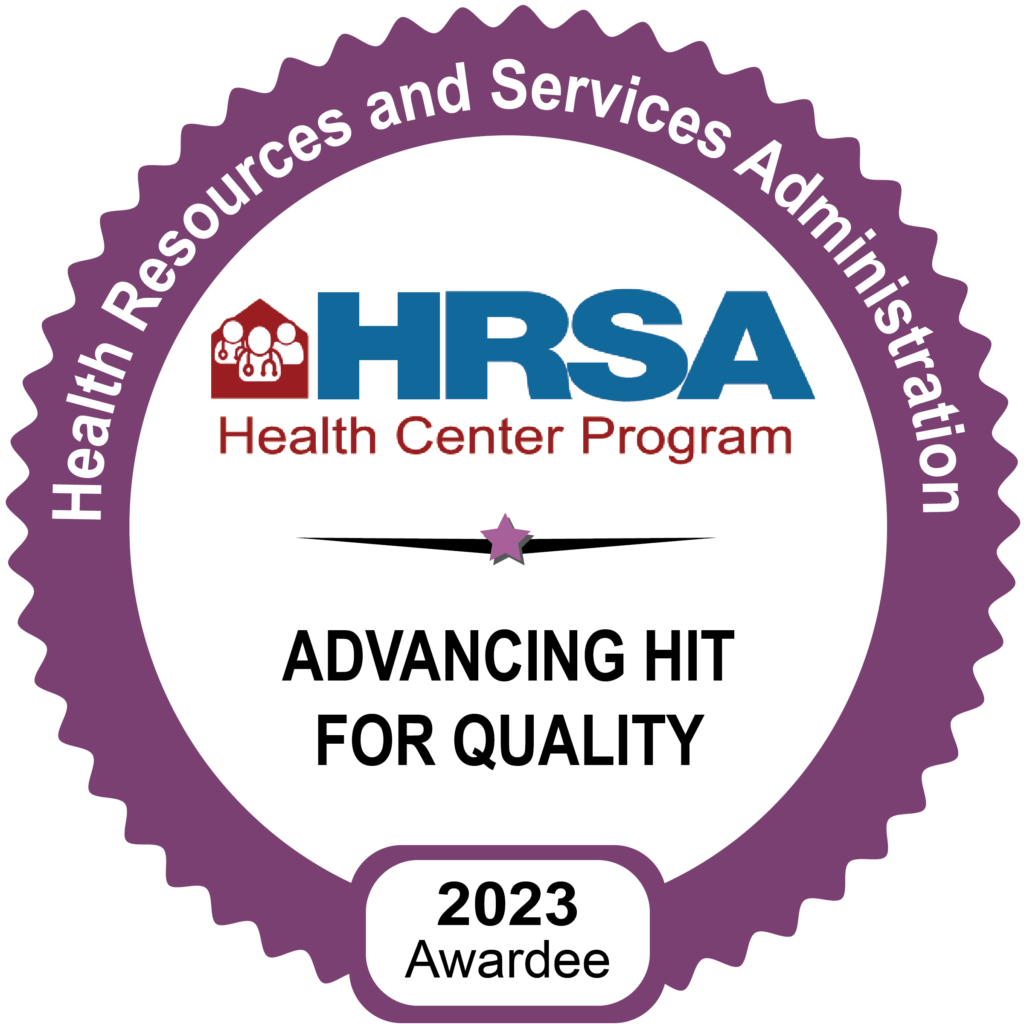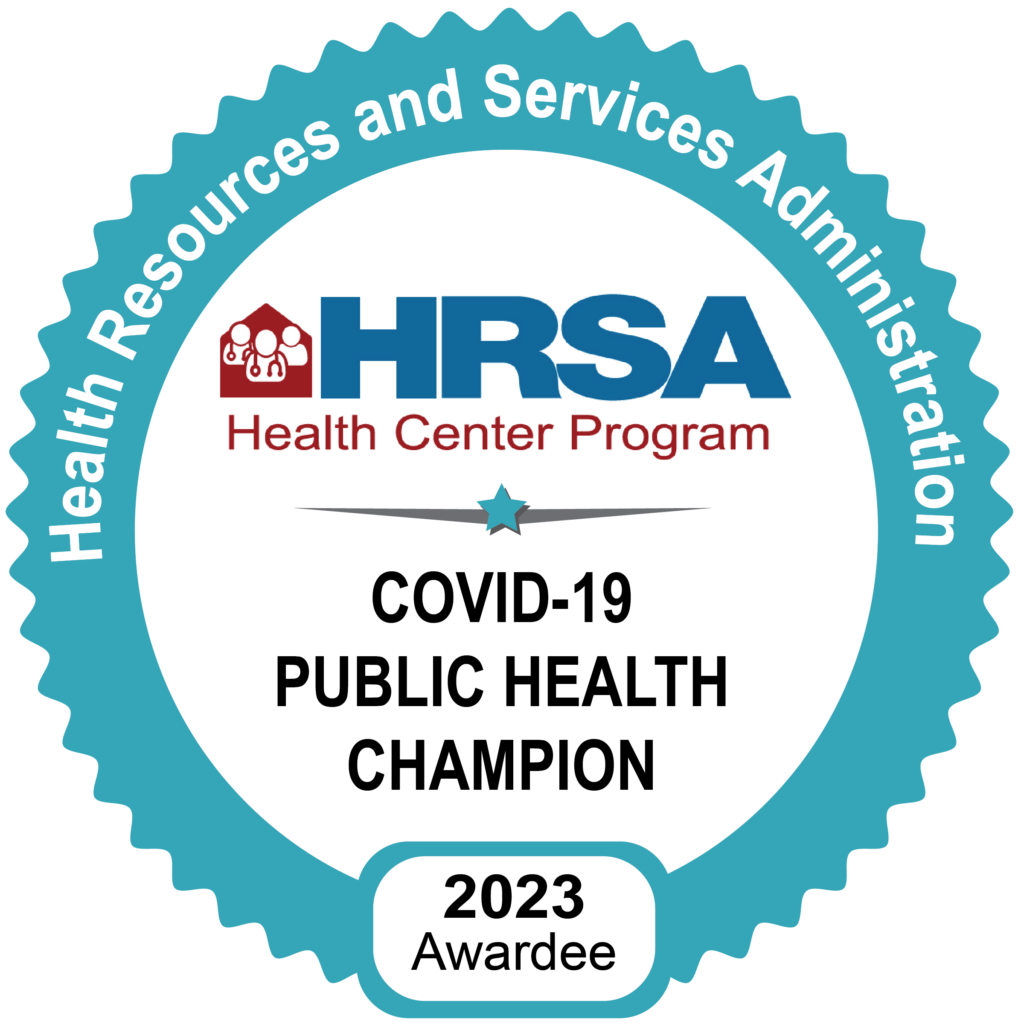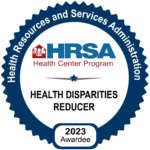In so many ways, 2020 was a year without equal.
The COVID-19 pandemic drastically changed our daily lives, reaching every family, every community throughout Central Massachusetts, and every country across the world. Our healthcare system was tested in ways not seen in over 100 years.
Now, a much-needed source of hope has arrived as health care workers, front line workers, and those at the highest risk for the virus have begun receiving the first round of the COVID-19 vaccine.
Community health centers, for a generation the front lines of health care delivery to those who need it most, have risen to the challenges brought on by the pandemic. We are working hard to stay in line with the Commonwealth of Massachusetts guidelines, with vaccines being distributed to hospital staff and those on the front line of COVID-19 care.
As a trusted source of healthcare and information, community health centers — like Kennedy Community Health and Family Health Center — will play a major role in providing education about and administering the COVID-19 vaccine; particularly to racially, ethnically and economically diverse, underserved, and high-risk populations.
We sincerely hope we have built up enough trust through our centuries of combined work to ensure that, when there are vaccines, people will come to get them. And we know the medical professionals who guide our work and those around the region, will pitch in to reach their patients since we know doctors, nurses and other front line health workers are our most trustworthy and reliable messengers to motivate patients.
Still, longstanding health and economic inequities have put these diverse populations at a greater risk for contracting this deadly virus and poor to fatal health outcomes as a result of COVID-19. Years of serving these populations have set community health centers up to be well-versed in the challenges our patients face and in providing culturally and linguistically appropriate care.
Among the critical populations community health centers serve nationwide, 14.5 million people are impoverished, 2.9 million people are 65 and older, 19 million are of minority background, and 20 million people have chronic health conditions.
There are vaccine distribution challenges we must overcome, including completing the two-dose vaccine schedule, reaching those who harbor skepticism for government vaccination programs, and ensuring continued compliance to mask-wearing and social distancing after the vaccine is received.
At the same time, we must also act with heightened awareness of those inequities and distrusts in order to reach an equitable COVID-19 response. It will take months before the vaccine is completely rolled out and we must remain vigilant as we work toward this end.
At our community health centers and at similar centers across the country, we are getting preparations underway to ensure the COVID-19 vaccine reaches all our staff and our patients. Specifically, that means we are:
- Staying up-to-date on current information and coordinating with public, state and local health entities;
- Developing culturally appropriate messaging for our diverse patient population and making sure they receive our message wherever they are;
- Ensuring we are approaching vaccine distribution following safety guidelines and emphasizing equitable access to care;
- Modeling good-behavior through staff vaccinations and vaccine education outreach.
While the light at the end of the tunnel is shining in front of us, we don’t know exactly how long the tunnel will be so there is much work to be done.
It is more important than ever that we receive funding and support from federal and state sources to carry on this work and ensure that the most vulnerable in our communities continue to have access to vital care.
We are proud of the work that Family Health and Kennedy Community Health have done during the pandemic to meet the growing need in our communities and remain a lifeline to the most vulnerable.
Our highest priority is and will always be to continue keeping our staff and our patients safe and healthy, and provide a more equitable future for all.
Stephen J. Kerrigan is the president and CEO of the Kennedy Community Health Center in Worcester; Louis Brady is the president and CEO of Family Health of Worcester
Opinion: Stephen J. Kerrigan and Louis Brady
Worcester Telegram & Gazette
